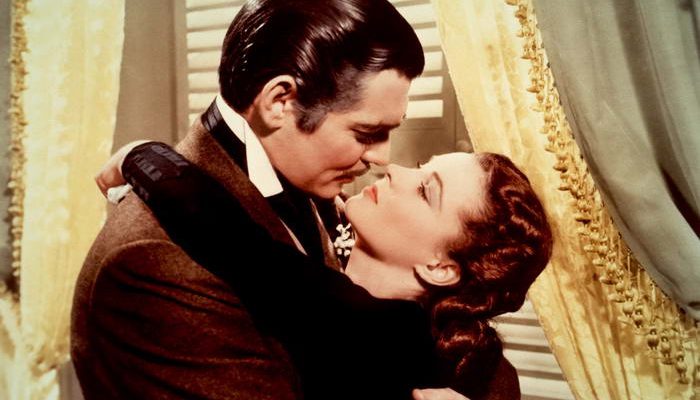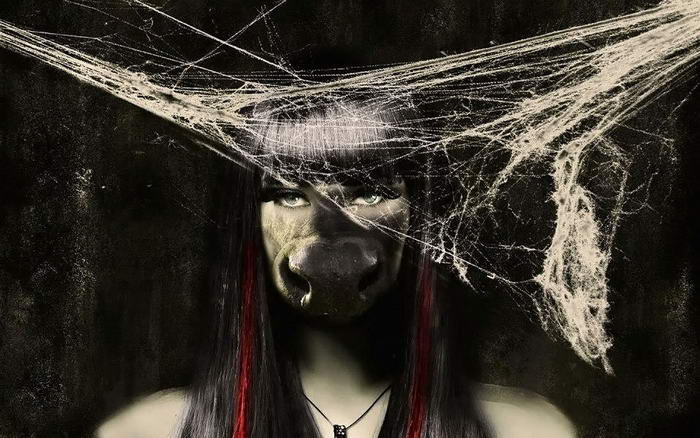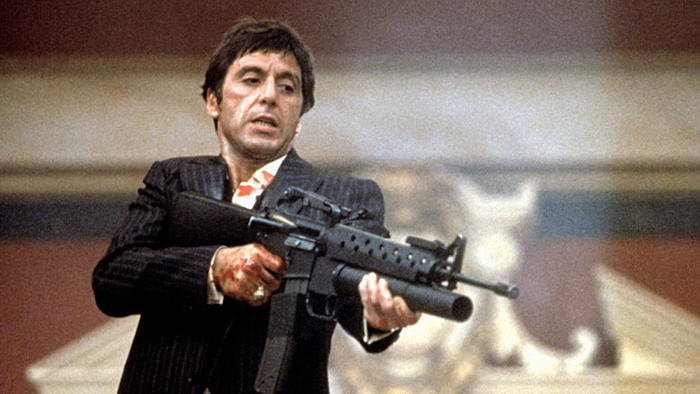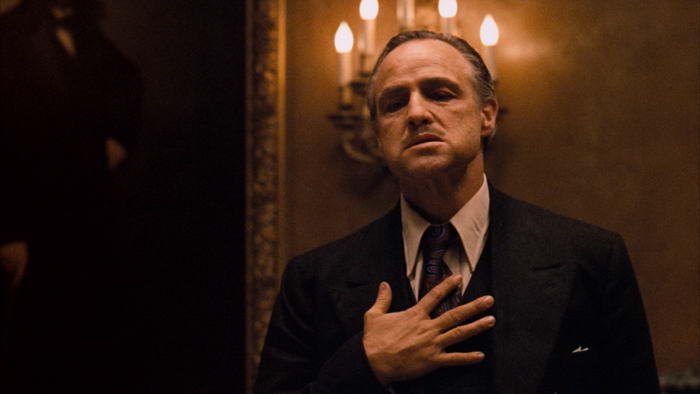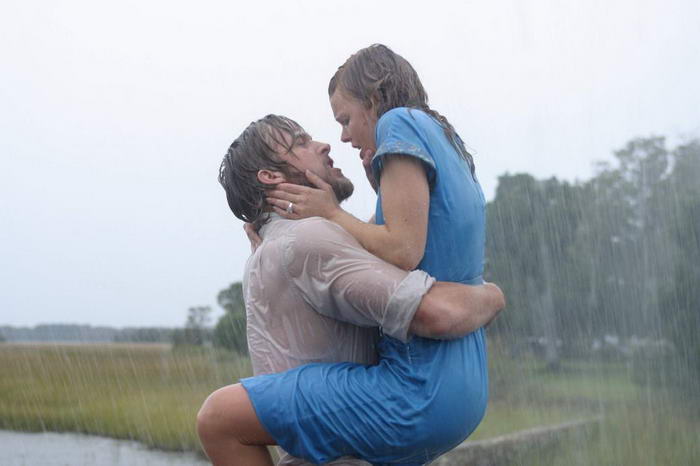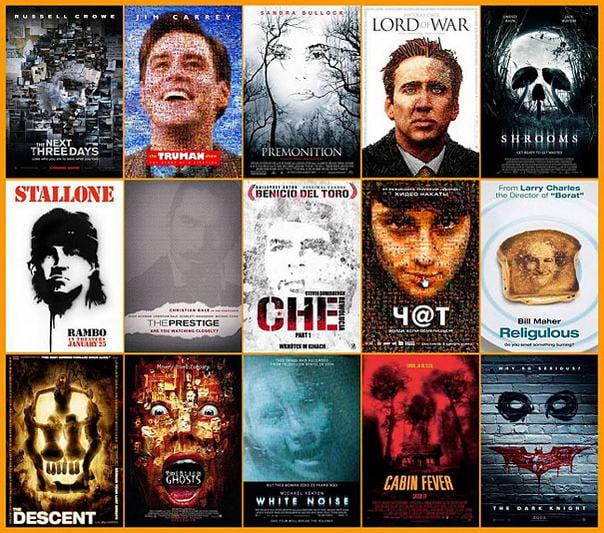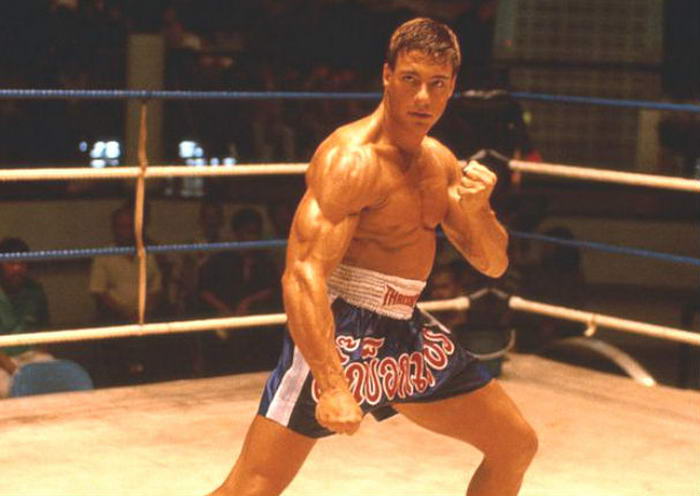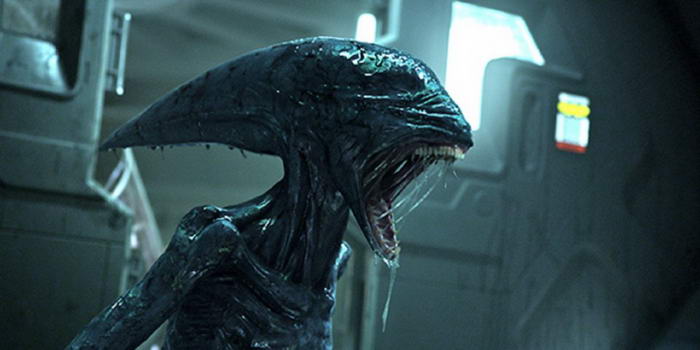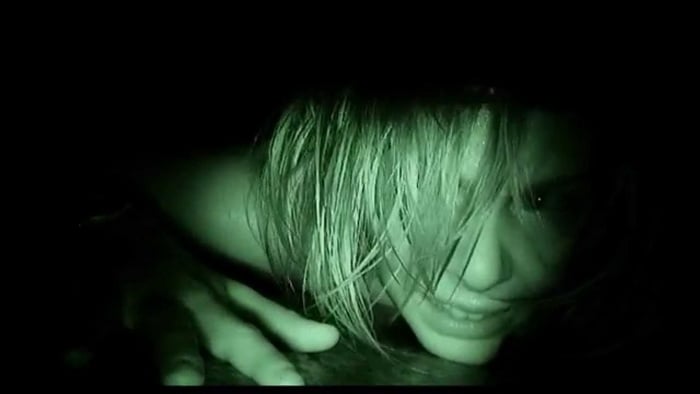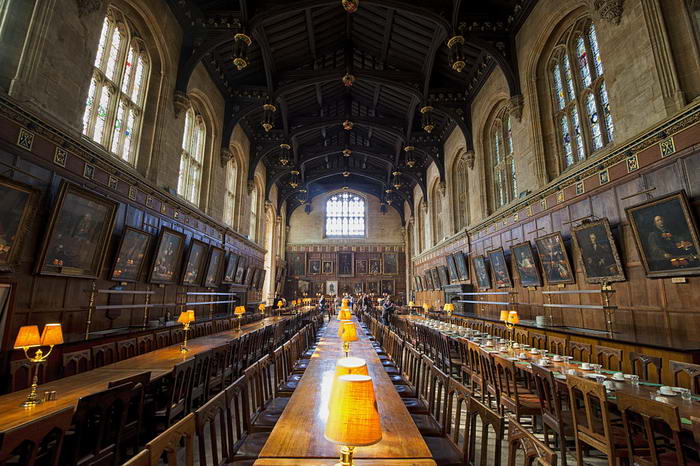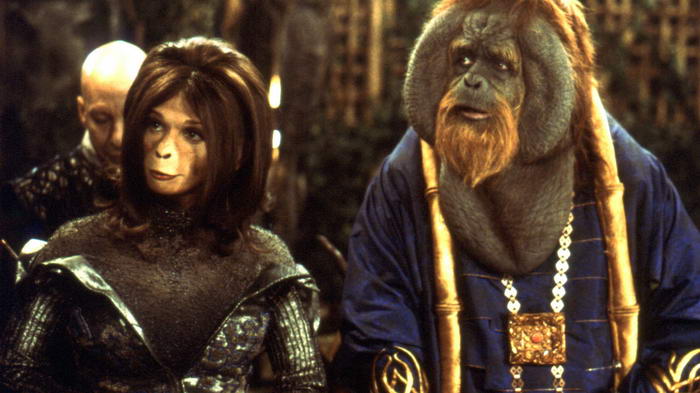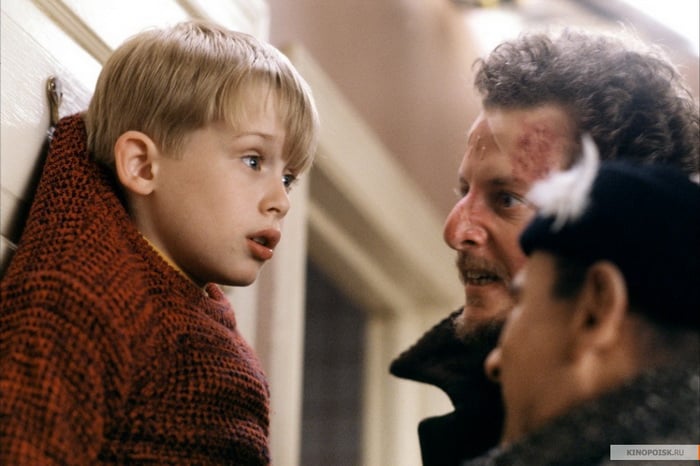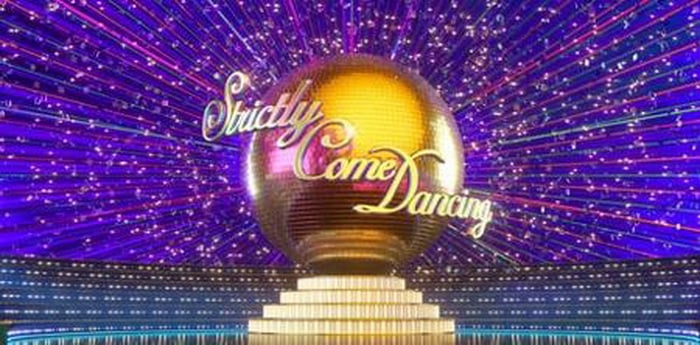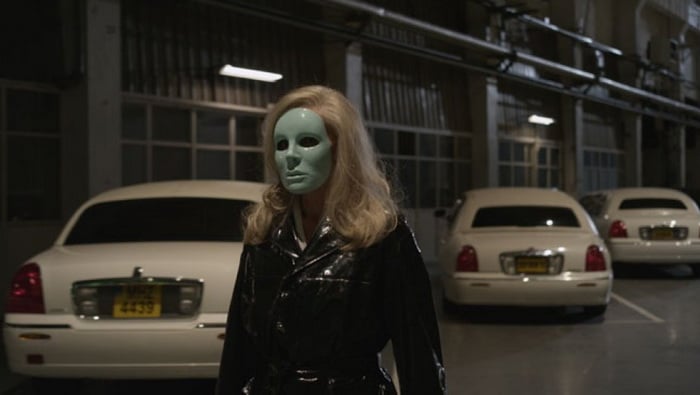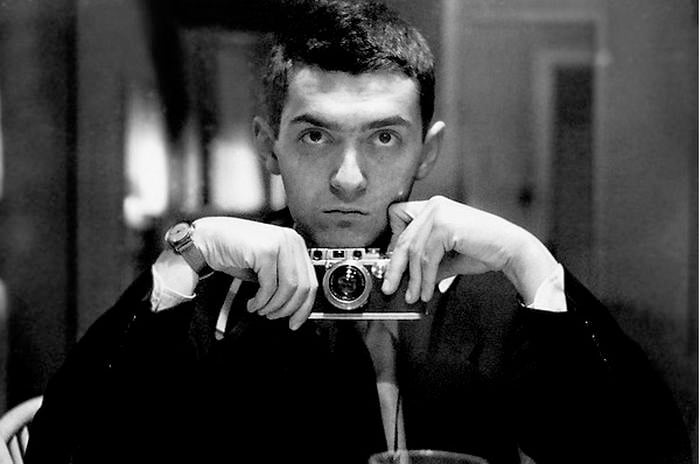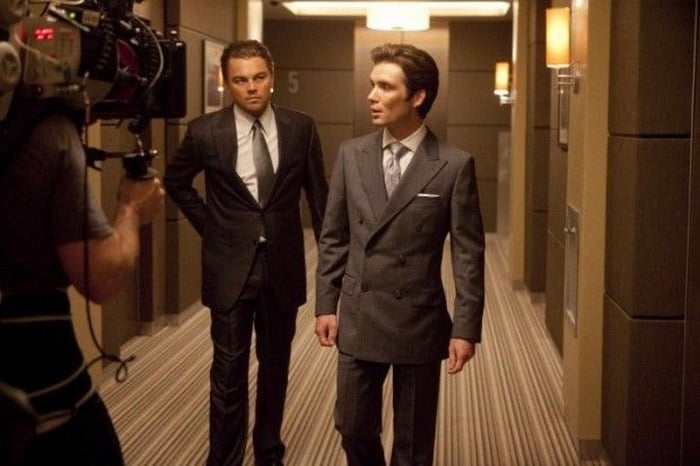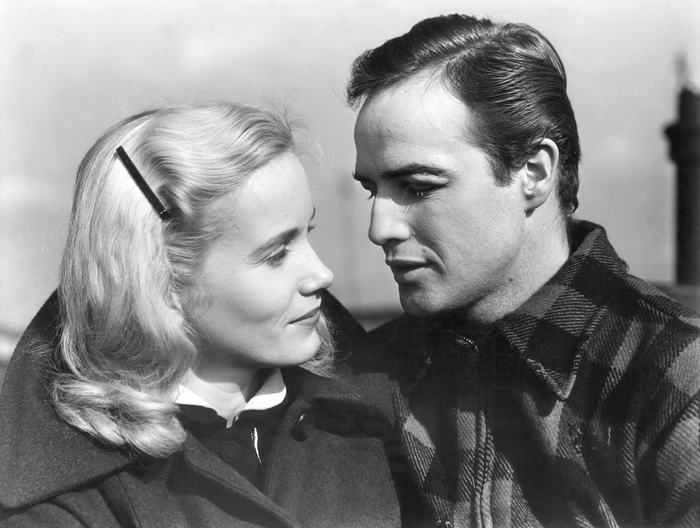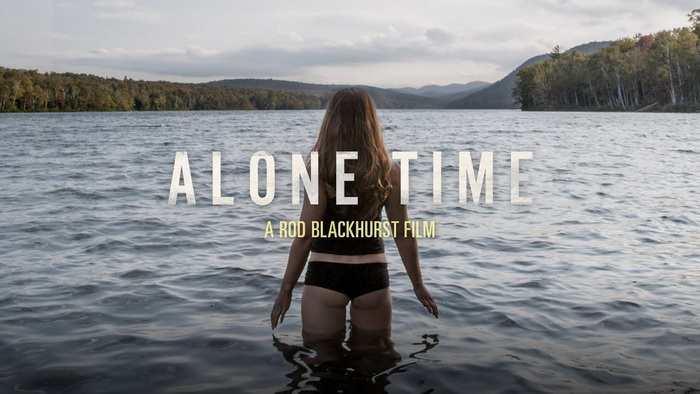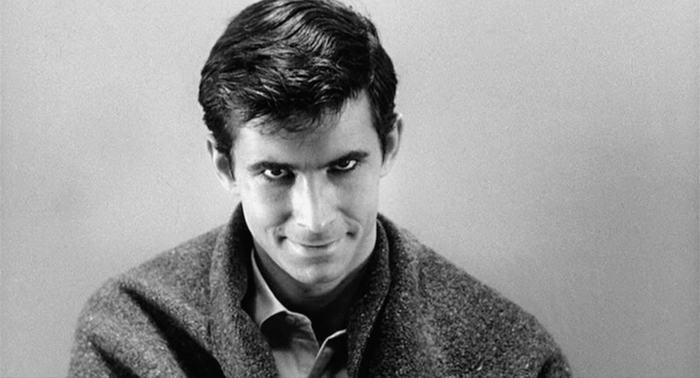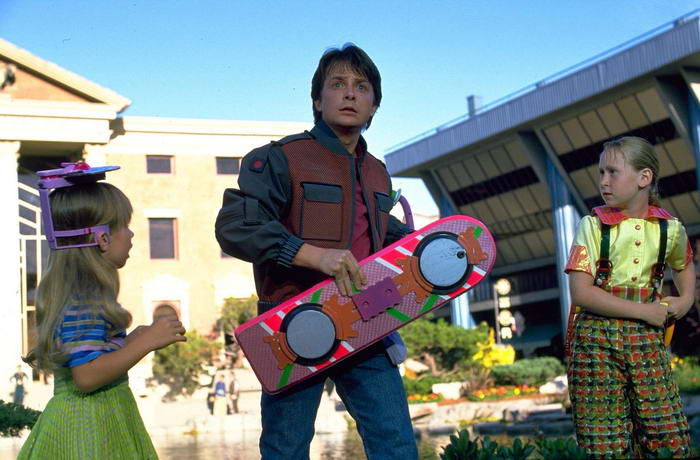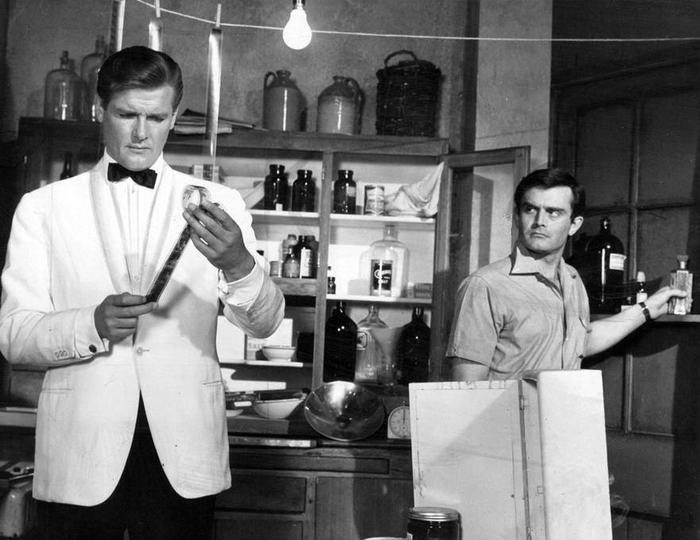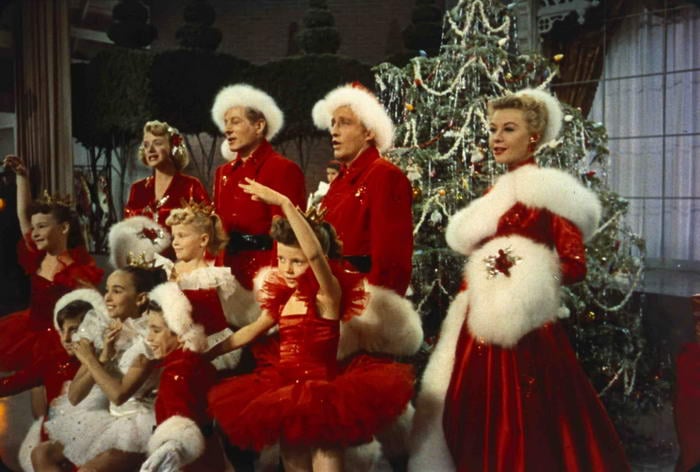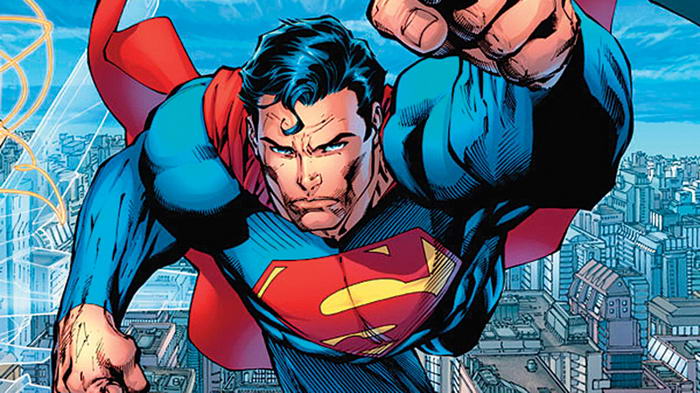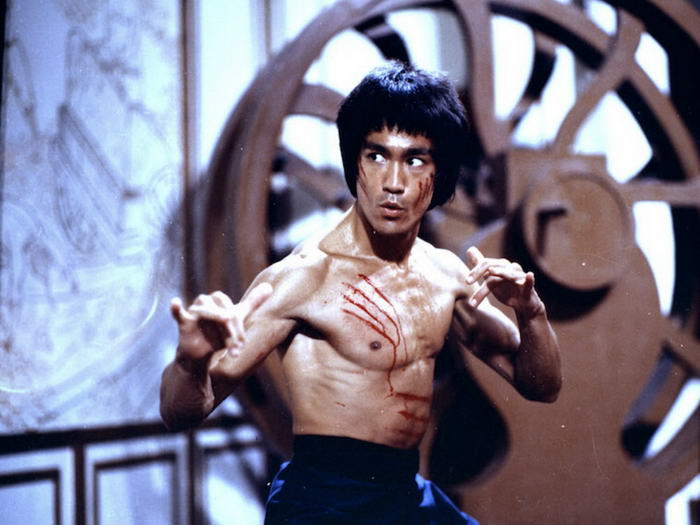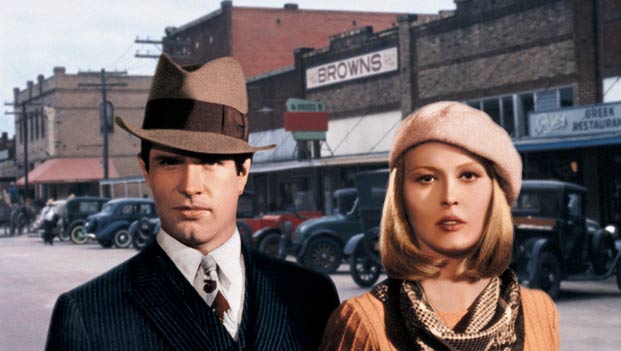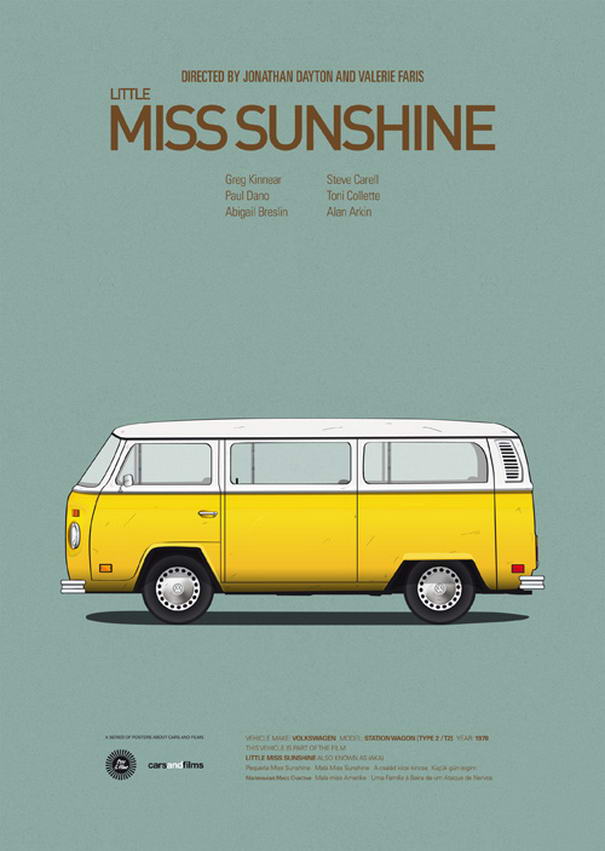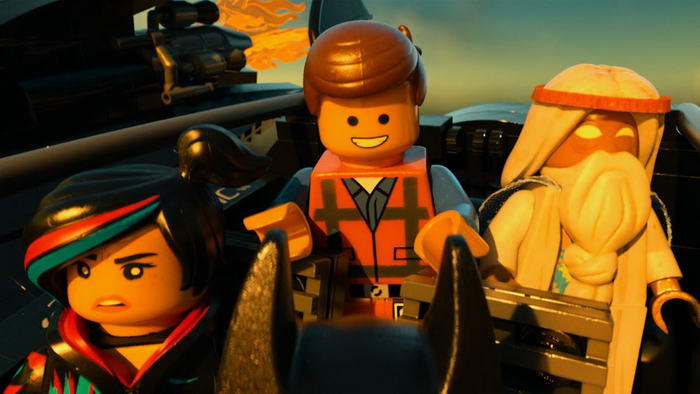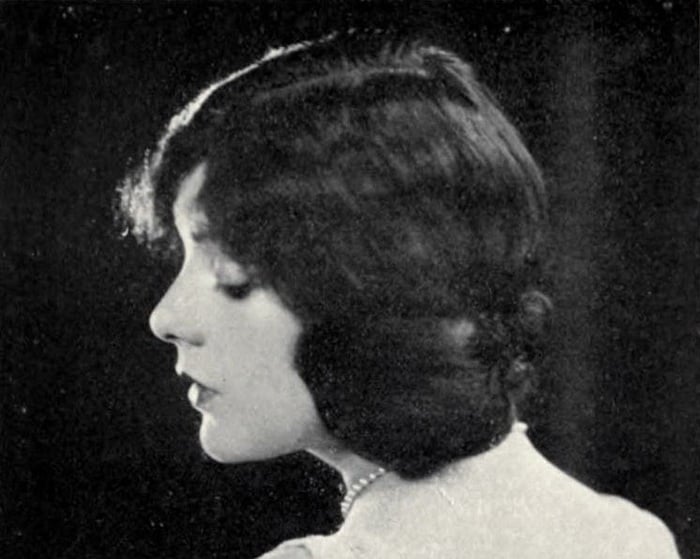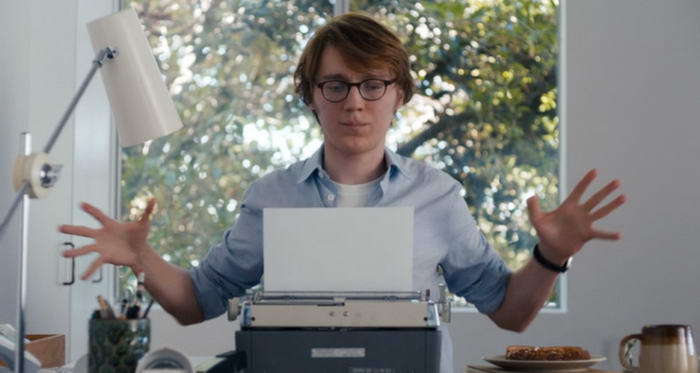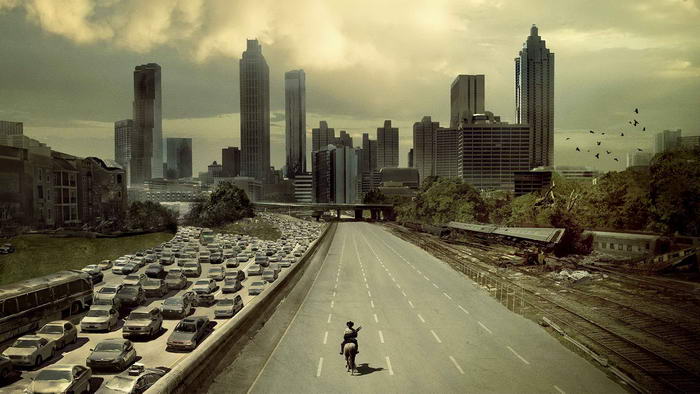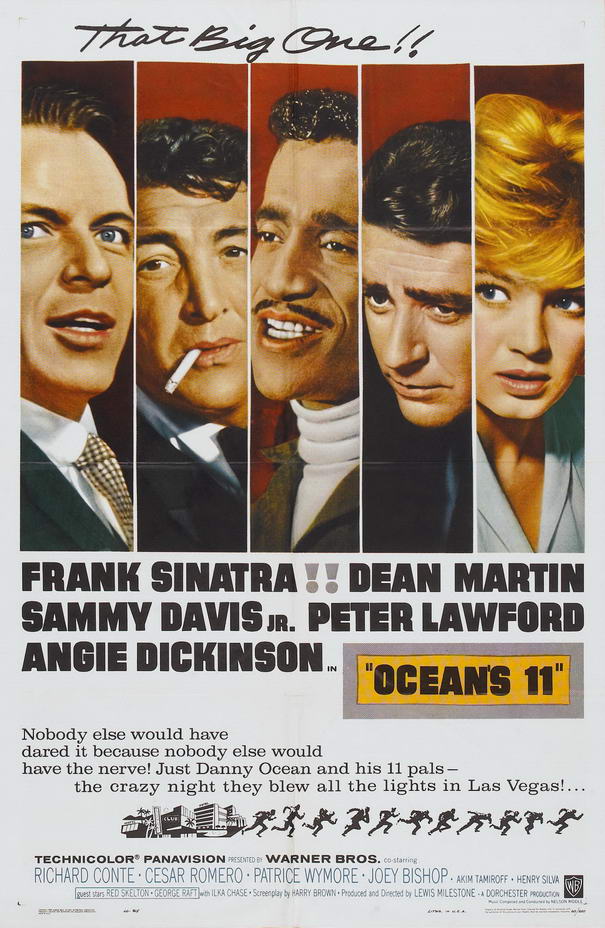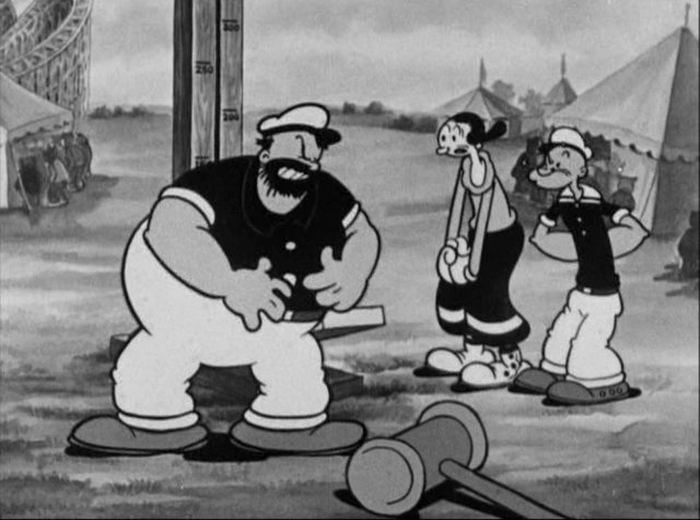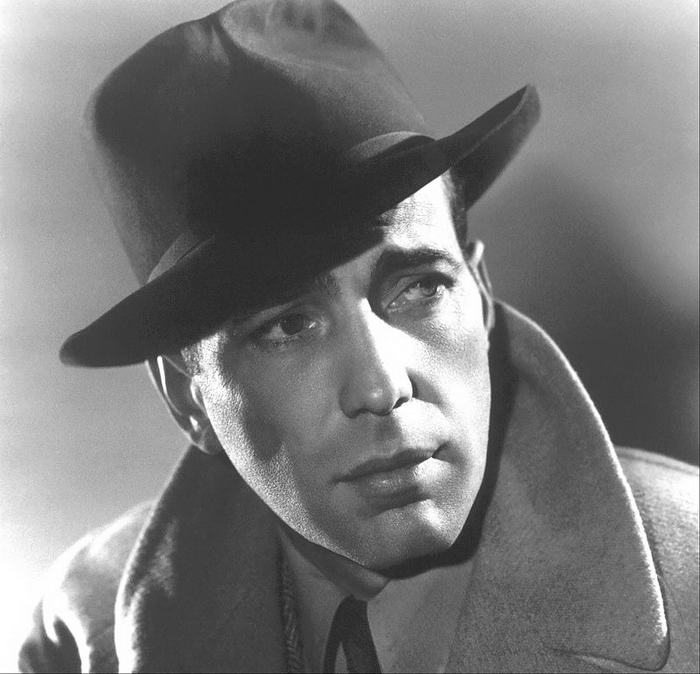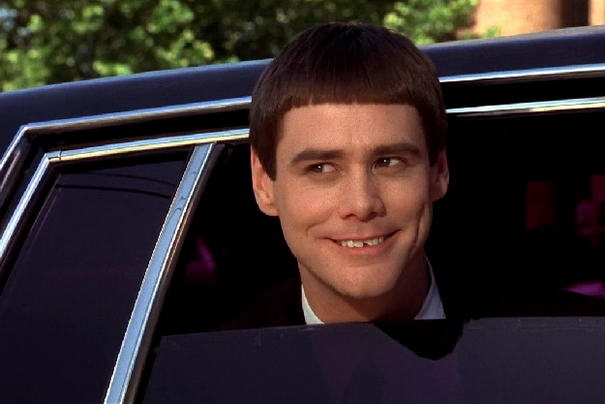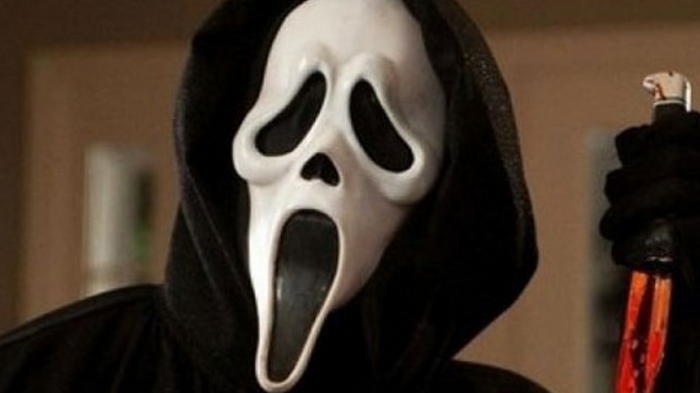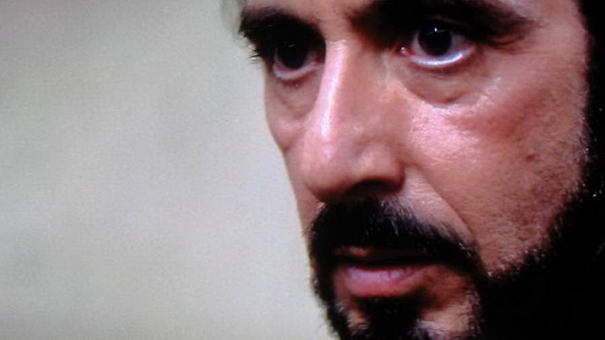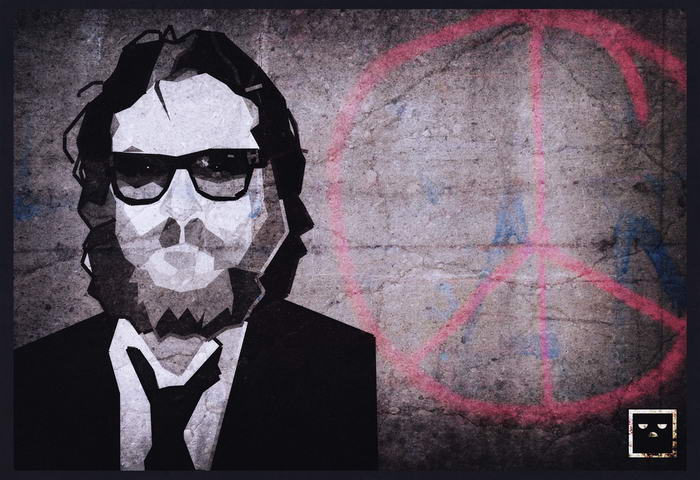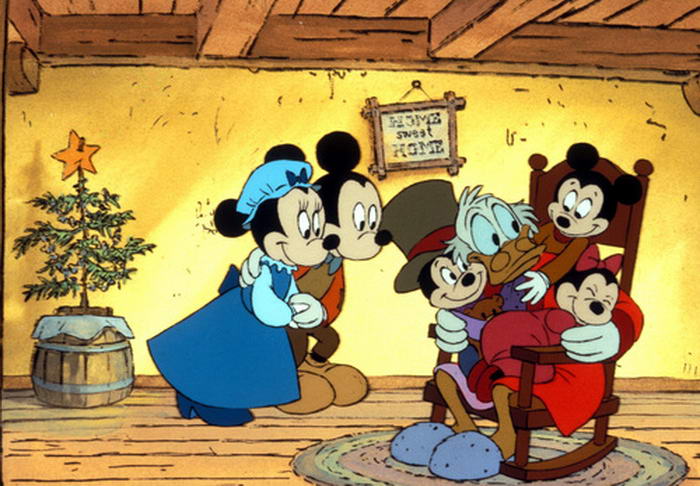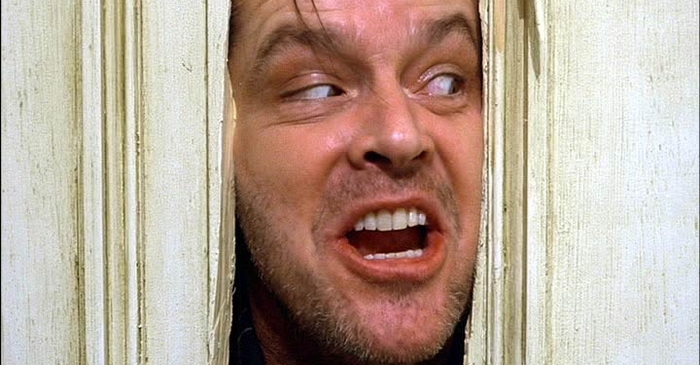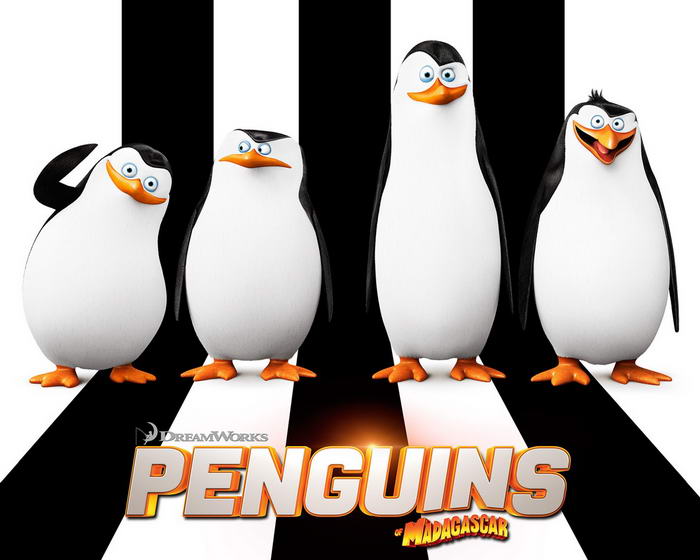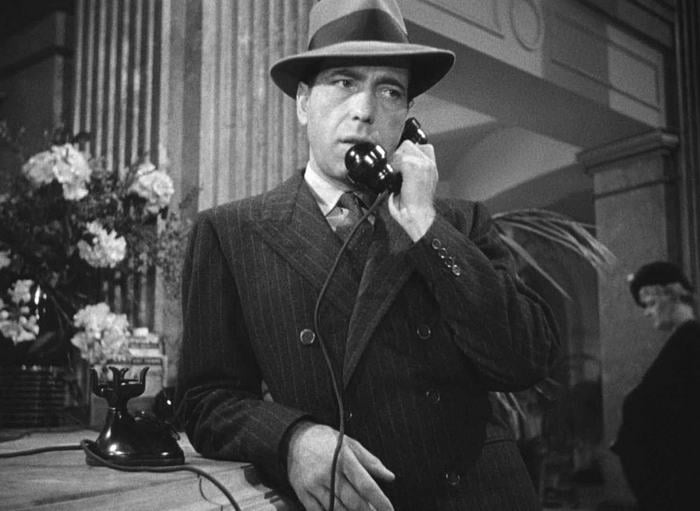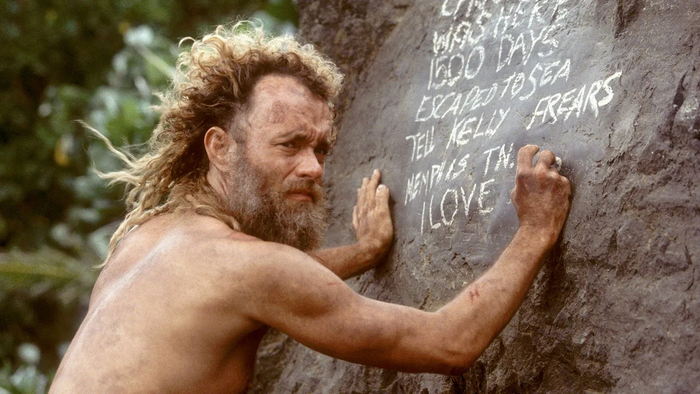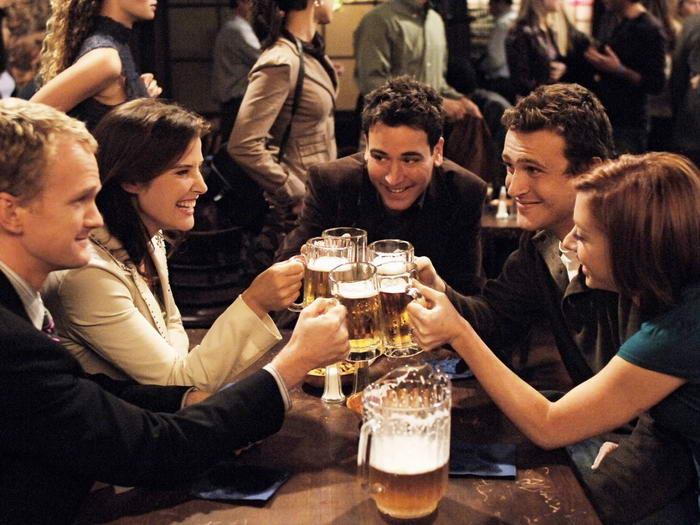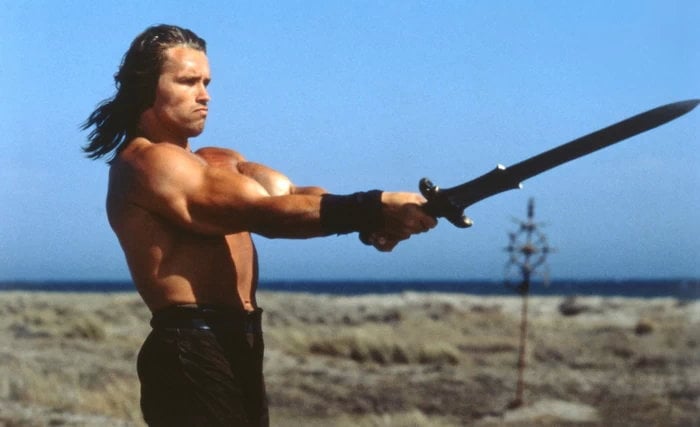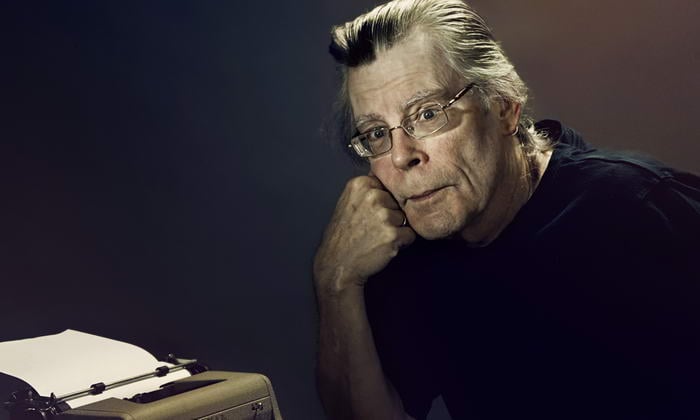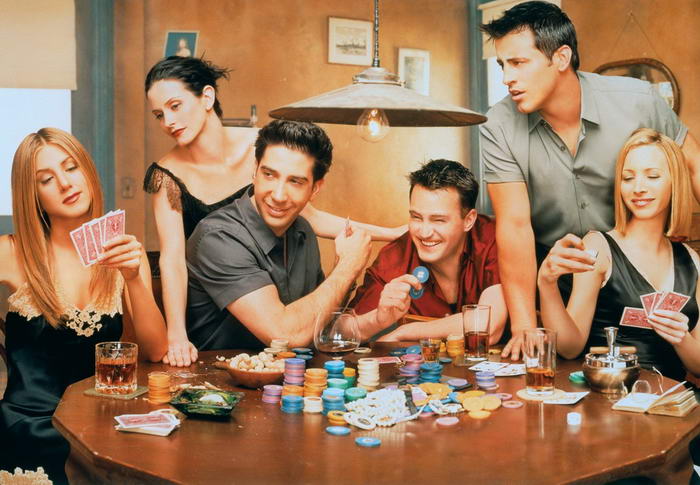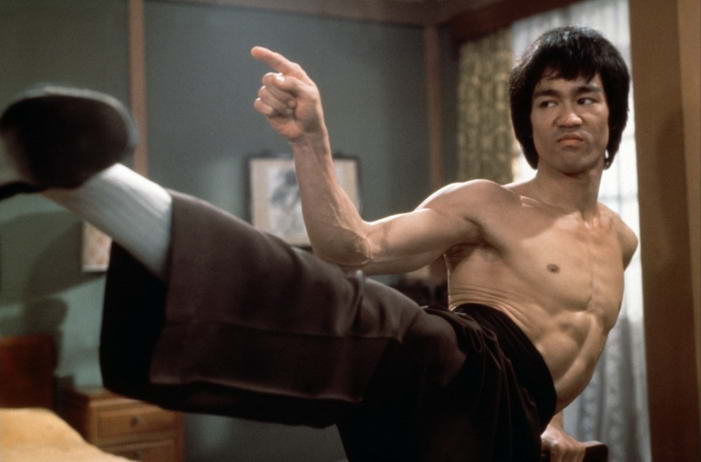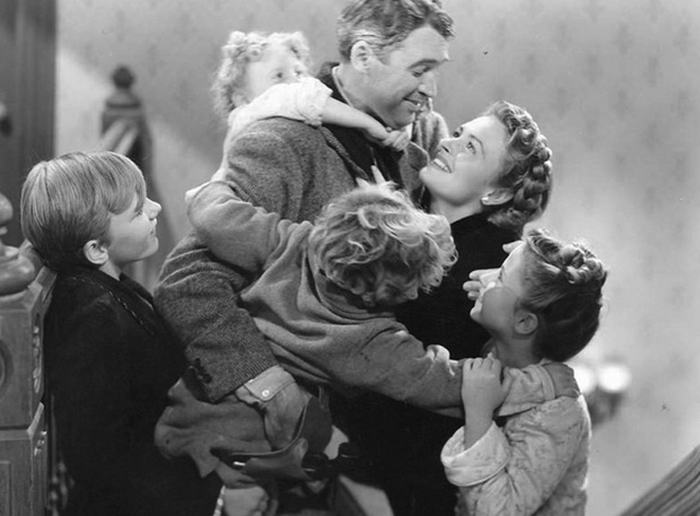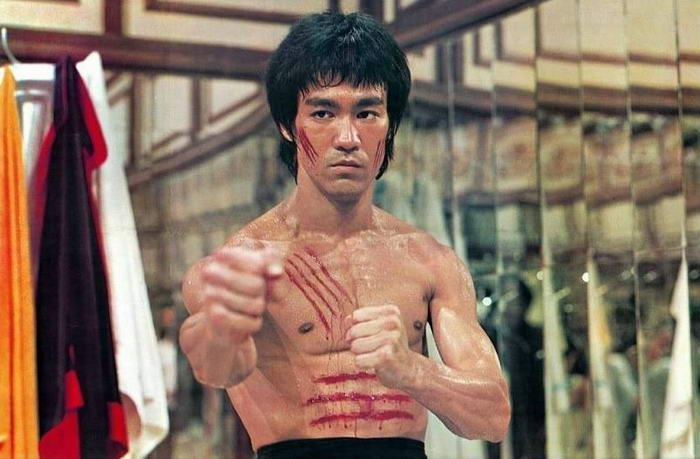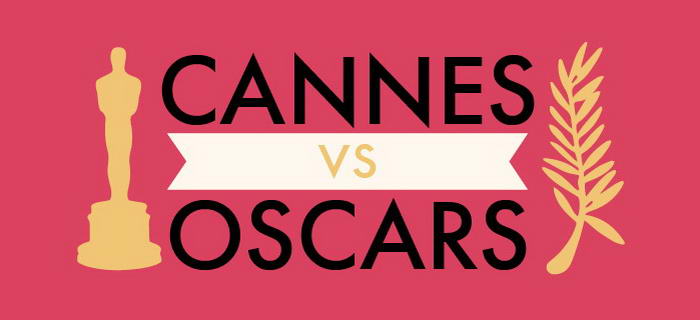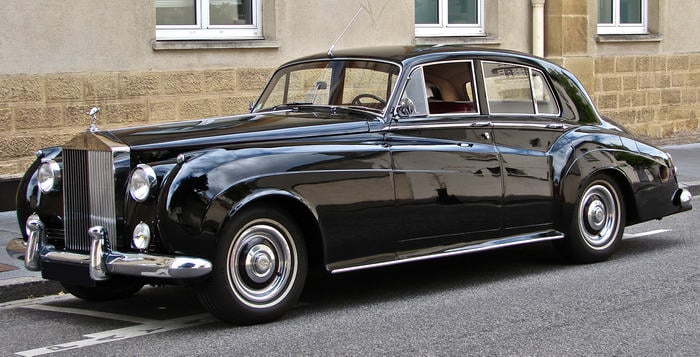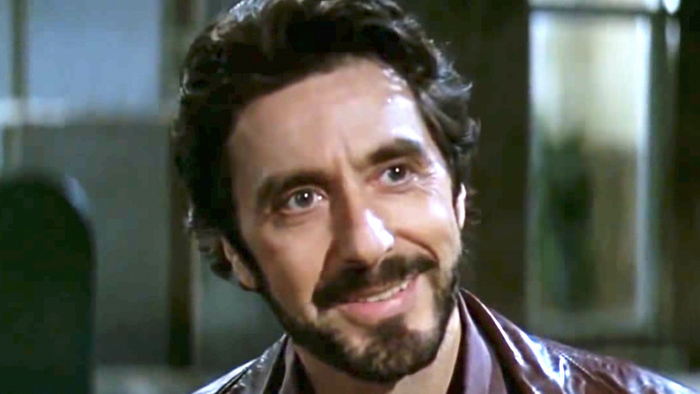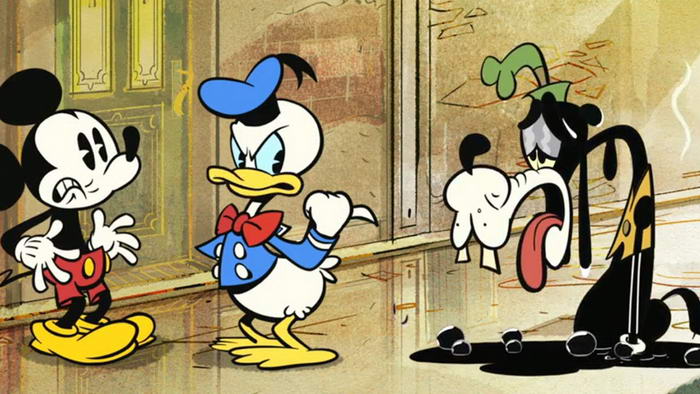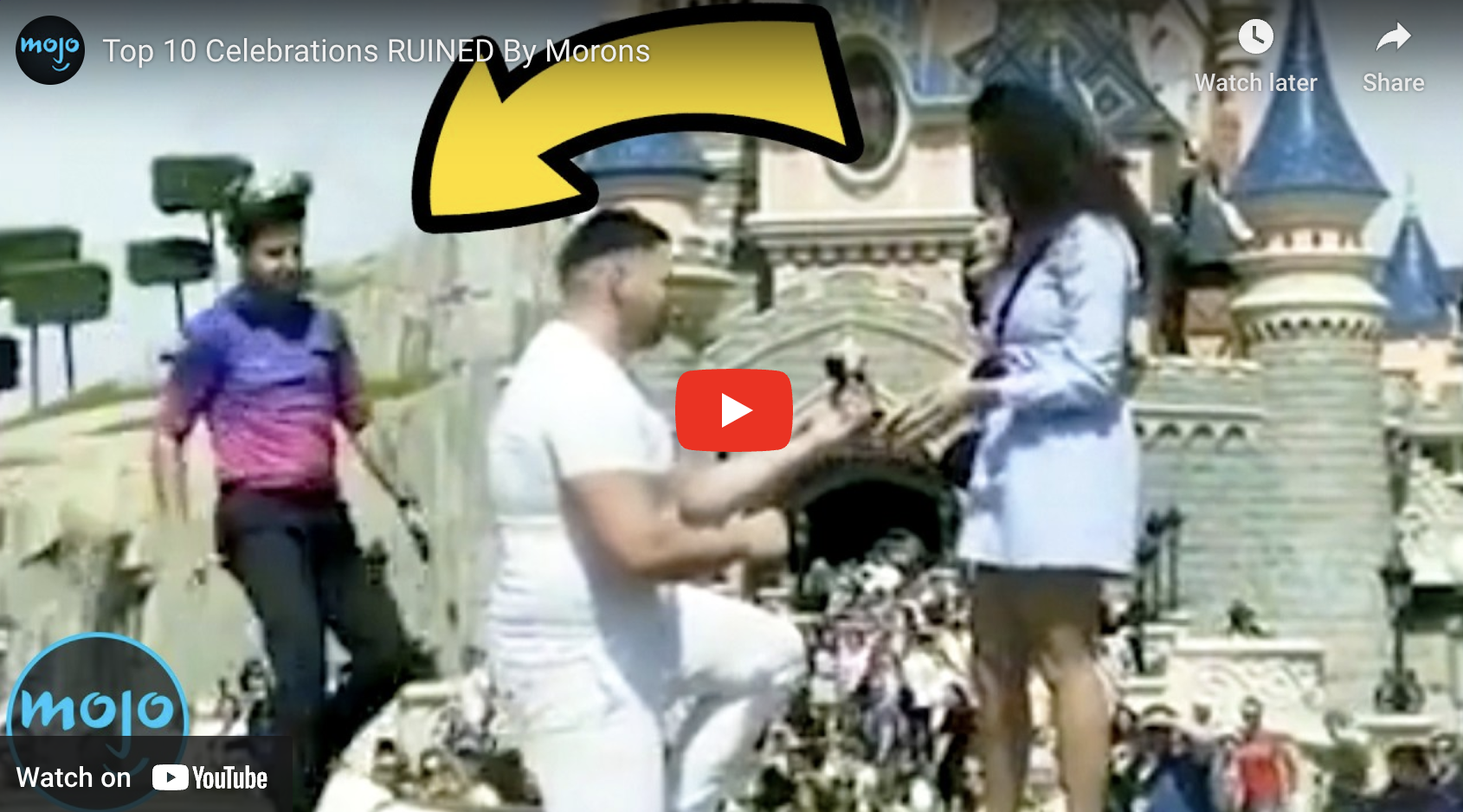Some books gather such a strong following that the world’s biggest film producers decide to try and make money out of it by adapting the books into films. For book-lovers the films usually turn out to be disappointing, but every so often the film makers hit the nail on the head. Here are ten of the best, most accurate book-to-film adaptations that have been made so far. Is your favourite on the list?
This transformation from page to screen isn’t just about recreating the plot. It’s about capturing the soul of the book – its themes, its tone, and the nuances that make it memorable. Great adaptations do more than just tell a story; they evoke the same emotions and provoke the same thoughts as the book. They are a testament to the power of storytelling in different mediums and how they can complement each other to create a more enriching experience.
However, the path to creating a successful adaptation is fraught with challenges. How does one condense hundreds of pages into a two-hour film without losing the story’s heart? What elements should be altered to suit the visual medium, and what should remain untouched? These are the questions that filmmakers grapple with, striving to produce a piece that honors the source material and resonates with both book readers and movie-goers.
In this exploration of the 10 Most Accurate Book-to-Film Adaptations, we’re not just looking at how well a movie represents the book it’s based on. We’re diving into the artistry behind these adaptations – the creative decisions, the storytelling nuances, and the emotional connections they forge. It’s about celebrating the union of two art forms, each powerful in its own right, coming together to create something truly magical.
10 – Trainspotting
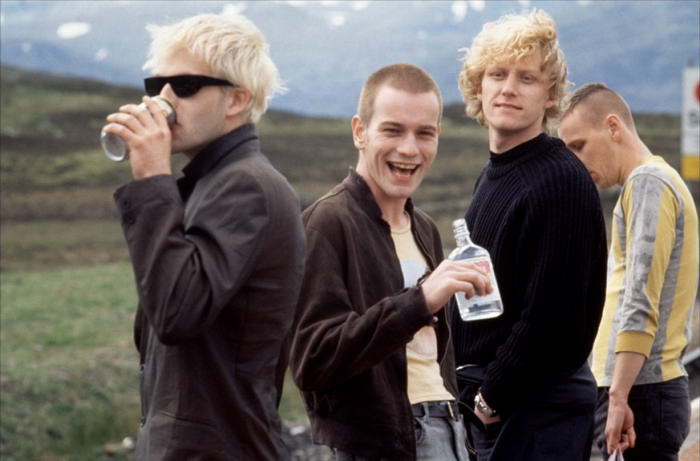
- Stars: Ewan McGregor, Robert Carlyle, Jonny Lee Miller
- Director: Danny Boyle
- Based on: Novel by Irvine Welsh
- Screenplay: John Hodge
Danny Boyle’s Trainspotting is a raw and energetic portrayal of Edinburgh’s drug scene. It’s a film that doesn’t just adapt the story of Irvine Welsh’s novel, but injects it with a distinct cinematic flair. Boyle’s direction, combined with a punchy screenplay by John Hodge, captures the book’s gritty realism and dark humor. This adaptation is notable for its kinetic visual style and soundtrack, which have become iconic in their own right. The film’s impact was so profound that it not only boosted the careers of its cast but also left an indelible mark on British pop culture.
09 – Bridget Jones’s Diary
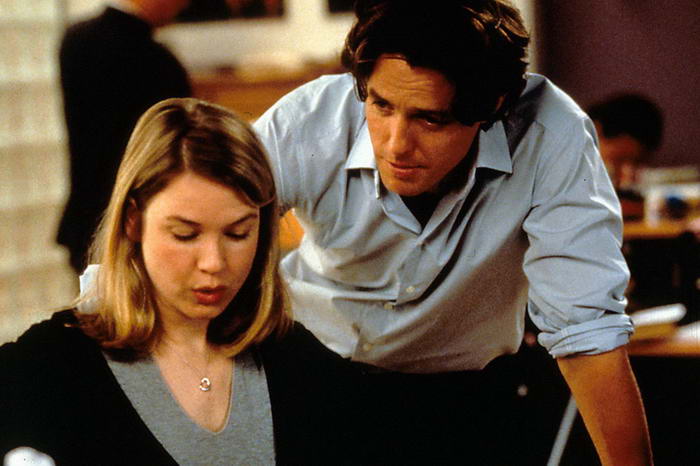
- Stars: Renée Zellweger, Hugh Grant, Colin Firth
- Director: Sharon Maguire
- Based on: Novel by Helen Fielding
- Screenplay: Helen Fielding, Andrew Davies, Richard Curtis
Sharon Maguire’s Bridget Jones’s Diary stands out as a delightful adaptation of Helen Fielding’s novel. The film strikes a perfect balance between the book’s witty narrative and the relatable chaos of Bridget’s life. Renée Zellweger’s performance is a standout, brilliantly bringing to life the character’s endearing vulnerabilities. This romantic comedy not only captured the essence of the book but also resonated with audiences globally, becoming a touchstone for the genre.
08 – The Silence of the Lambs
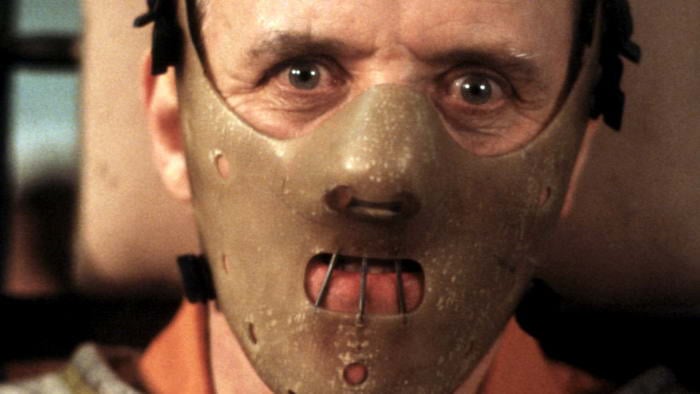
- Stars: Jodie Foster, Anthony Hopkins, Scott Glenn
- Director: Jonathan Demme
- Based on: Novel by Thomas Harris
- Screenplay: Ted Tally
Jonathan Demme’s The Silence of the Lambs is a masterclass in psychological thriller adaptation. This film, based on Thomas Harris’s novel, is praised for its intense narrative and the chilling performances of Jodie Foster and Anthony Hopkins. The director’s nuanced approach and Ted Tally’s tight screenplay ensure the film remains faithful to the book’s suspenseful atmosphere while adding a unique cinematic touch. It’s a rare adaptation that enhances the source material, making it a standout in its genre.
07 – To Kill a Mockingbird
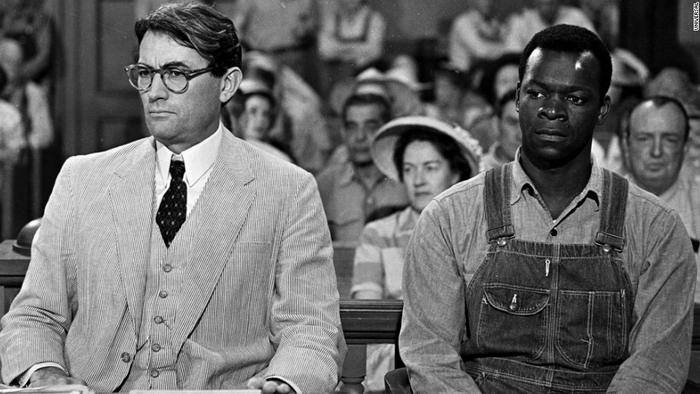
- Stars: Gregory Peck, Mary Badham, Robert Duvall
- Director: Robert Mulligan
- Based on: Novel by Harper Lee
- Screenplay: Horton Foote
Robert Mulligan’s adaptation of Harper Lee’s To Kill a Mockingbird is a poignant and respectful translation of the novel to the screen. Gregory Peck’s iconic performance as Atticus Finch embodies the novel’s moral integrity and compassion. The film’s handling of the book’s themes of racial injustice and innocence makes it not just a faithful adaptation but a timeless classic. Its impact on American cinema and culture, much like the novel’s impact on literature, cannot be overstated.
06 – Gone with the Wind
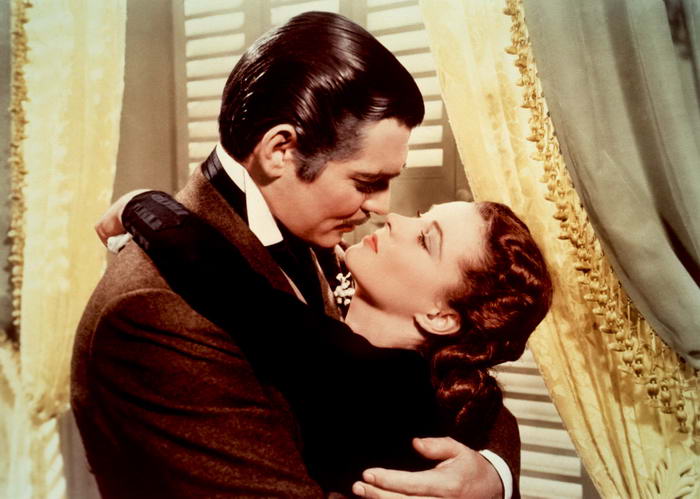
- Stars: Clark Gable, Vivien Leigh, Leslie Howard, Olivia de Havilland
- Director: Victor Fleming
- Based on: Novel by Margaret Mitchell
- Screenplay: Sidney Howard
Victor Fleming’s Gone with the Wind is an epic in every sense, from its grand scale to its sweeping narrative. This adaptation of Margaret Mitchell’s novel is a landmark in film history, known for its breathtaking cinematography and powerful performances, especially by Vivien Leigh and Clark Gable. The film beautifully captures the drama and emotion of the Civil War-era South, making it an enduring classic. Its influence on the film industry and popular culture has been immense, setting a high bar for future epic adaptations.
05 – Schindler’s List
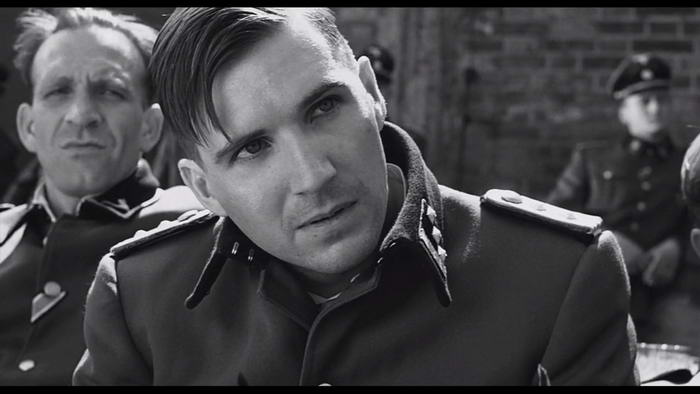
- Stars: Liam Neeson, Ben Kingsley, Ralph Fiennes
- Director: Steven Spielberg
- Based on: Novel “Schindler’s Ark” by Thomas Keneally
- Screenplay: Steven Zaillian
Steven Spielberg’s Schindler’s List is a powerful and harrowing adaptation of Thomas Keneally’s novel “Schindler’s Ark”. This film is renowned for its emotional depth, stark black-and-white cinematography, and outstanding performances, particularly by Liam Neeson. It’s a poignant portrayal of the Holocaust, capturing the horror and the humanity in equal measure. Spielberg’s direction and Zaillian’s screenplay combine to create a film that is not only a faithful adaptation but also a significant historical document.
04 – One Flew Over the Cuckoo’s Nest
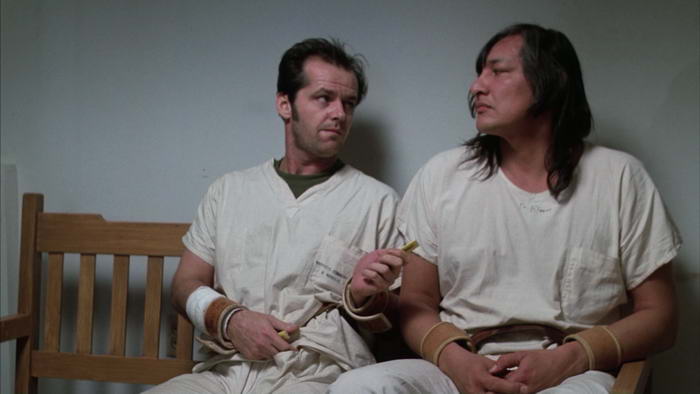
- Stars: Jack Nicholson, Louise Fletcher, William Redfield
- Director: Miloš Forman
- Based on: Novel by Ken Kesey
- Screenplay: Lawrence Hauben, Bo Goldman
Miloš Forman’s One Flew Over the Cuckoo’s Nest brilliantly adapts Ken Kesey’s novel into a film that is as emotionally gripping as it is critically acclaimed. Jack Nicholson’s performance is a standout, perfectly encapsulating the rebellious spirit of the main character, McMurphy. The film’s exploration of themes surrounding individuality and institutionalization resonates as much today as it did upon its release. It’s a testament to the power of adaptation in capturing the essence of a literary work.
03 – Psycho
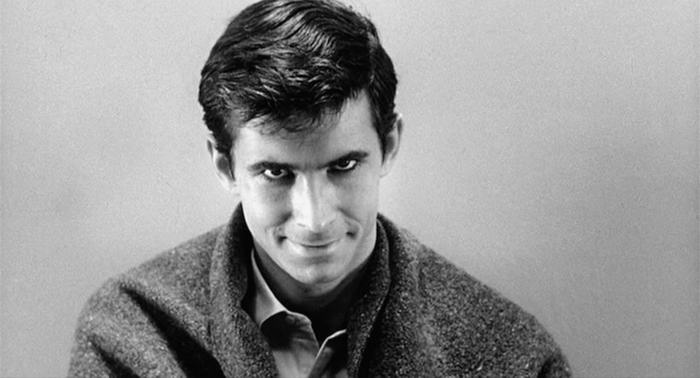
- Stars: Anthony Perkins, Janet Leigh, Vera Miles
- Director: Alfred Hitchcock
- Based on: Novel by Robert Bloch
- Screenplay: Joseph Stefano
Alfred Hitchcock’s Psycho is a seminal work in the thriller genre, adapted from Robert Bloch’s novel. The film’s innovative narrative structure, iconic scenes, and suspenseful direction set a new standard for cinematic storytelling. Anthony Perkins’ portrayal of Norman Bates is both chilling and nuanced, making “Psycho” a standout in Hitchcock’s illustrious career. This adaptation is praised for its ability to maintain the suspense and horror of the novel while bringing it to life through groundbreaking cinematic techniques.
02 – The Godfather
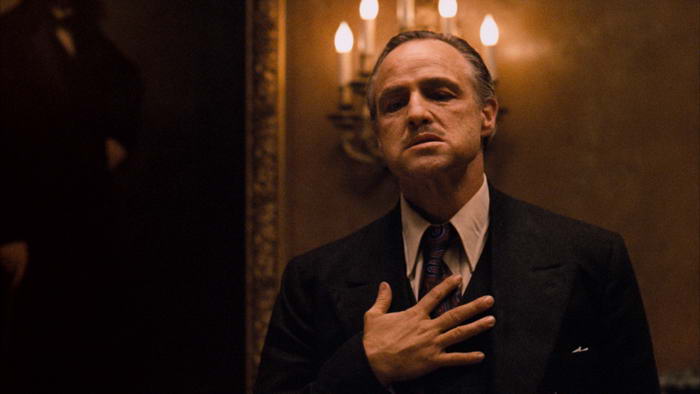
- Stars: Marlon Brando, Al Pacino, James Caan
- Director: Francis Ford Coppola
- Based on: Novel by Mario Puzo
- Screenplay: Mario Puzo, Francis Ford Coppola
Francis Ford Coppola’s The Godfather is more than just an adaptation of Mario Puzo’s novel; it’s a cultural phenomenon. The film’s portrayal of the Italian-American mafia and its focus on family and power dynamics have made it a cornerstone of American cinema. Marlon Brando and Al Pacino deliver iconic performances, and the film’s narrative depth and cinematic style have influenced countless films and filmmakers. “The Godfather” stands as a brilliant example of how a film can expand on and elevate its source material.
01 – The Shawshank Redemption
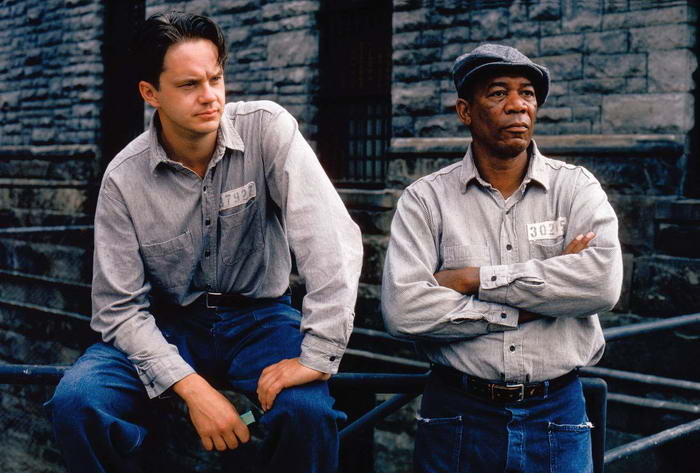
- Stars: Tim Robbins, Morgan Freeman
- Director: Frank Darabont
- Based on: Novella “Rita Hayworth and Shawshank Redemption” by Stephen King
- Screenplay: Frank Darabont
Frank Darabont’s The Shawshank Redemption, adapted from Stephen King’s novella, is a profound story of hope and human resilience. The performances by Tim Robbins and Morgan Freeman bring depth to their characters, capturing the essence of King’s writing. The film’s themes of hope, friendship, and redemption resonate deeply with audiences, making it a beloved classic. Darabont’s direction and screenplay give the story a new dimension, ensuring that “The Shawshank Redemption” remains a high point in the realm of book-to-film adaptations.
The Evolution of Book-to-Film Adaptations: Trends and Innovations
In recent years, the landscape of book-to-film adaptations has witnessed remarkable transformations, reflecting advancements in technology and shifts in audience preferences. This evolution has not only redefined the way stories are told on screen but also the way audiences experience them.
1. Technological Advances in Filmmaking
- The rise of CGI and VFX: Cutting-edge visual effects and CGI have allowed filmmakers to bring even the most fantastical elements of a book to life, capturing the imagination of viewers and staying true to the author’s vision.
- High-definition and immersive formats: The advent of 4K, IMAX, and VR experiences has made it possible to create more immersive and visually stunning adaptations.
2. Narrative Techniques and Storytelling
- Non-linear narratives: Modern adaptations often employ non-linear storytelling, providing a fresh perspective and deeper exploration of characters and themes.
- Expanded universes: Some adaptations extend beyond the scope of the original book, creating an expanded universe that offers a broader context and deeper exploration of the story.
3. Audience Engagement and Expectations
- Interactive experiences: With the rise of social media, audiences now have platforms to share their opinions, expectations, and ideas about adaptations, influencing how filmmakers approach these projects.
- Diverse casting and inclusivity: Contemporary adaptations prioritize diversity and inclusivity, reflecting modern societal values and attracting a broader audience.
4. Adaptation of Non-Traditional Formats
- Graphic novels and comics: The adaptation of graphic novels and comics has surged, with these visually rich sources providing a unique foundation for cinematic storytelling.
- Podcasts and blogs: In a novel trend, even non-traditional formats like podcasts and blogs are being adapted into films, showcasing the versatility of storytelling mediums.
5. The Role of Streaming Platforms
- Increased accessibility: Streaming platforms like Netflix and Amazon Prime have made it easier for a wider audience to access these adaptations.
- Original content: These platforms are not just hosting adaptations; they are also commissioning their own, often taking risks on more unconventional or niche books.
As we look to the future, it’s clear that book-to-film adaptations will continue to evolve, shaped by technological advancements, changing audience dynamics, and innovative storytelling techniques. These adaptations are more than just translations of text to screen; they are a vibrant and evolving art form, constantly pushing the boundaries of what’s possible in cinematic storytelling.
Celebrating Cinematic Mastery: The Art of Book-to-Film Adaptations
As we reach the end of our exploration into the 10 Most Accurate Book-to-Film Adaptations, it’s evident that the journey from page to screen is a testament to the art of storytelling. These adaptations, each unique in their approach, highlight the incredible synergy that can be achieved when filmmakers respect the essence of the original literary works while injecting their creative vision.
In these adaptations, directors and screenwriters have demonstrated an admirable balance of fidelity to the source material and inventive filmmaking. They’ve shown us that it’s possible to maintain the soul of a book, its intricate details and profound themes, while also offering a visual feast that only cinema can provide. This balance is a delicate art, achieved by only the most skilled storytellers in the film industry.
Moreover, these adaptations serve as bridges between the worlds of literature and cinema. They invite book enthusiasts to experience their beloved stories in a new light and offer movie-goers a glimpse into the depth and richness of the written narrative. They fuel discussions, comparisons, and a deeper appreciation for both mediums.
In closing, we must appreciate these adaptations for what they are – not just mere translations of text to screen, but reimaginings that bring together two forms of art in a harmonious and often spectacular fashion. They remind us why we love stories, whether told through the written word or the moving image. They encourage us to explore more, read more, and watch more.


